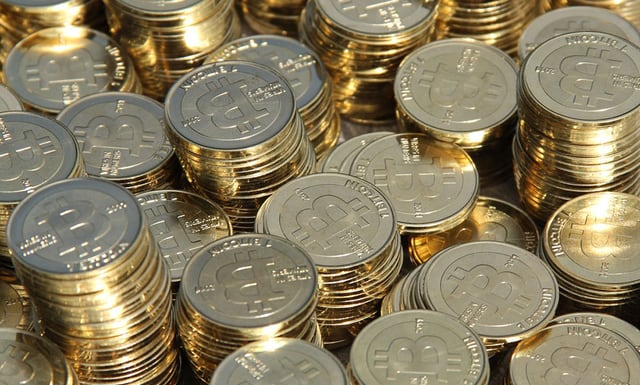
Critics of bitcoin have labelled the peer-to-peer decentralized virtual currency as a Ponzi scheme or a pump and dump scheme. Economists Gary North and Nouriel Roubini were severely criticized when they discussed how the digital currency is a Ponzi scheme and a lousy store of value.
A Ponzi scheme is manufactured by a person with spurious means, but there are so-called “naturally occurring Ponzis” out there, and bitcoin may be one, according to a new report published by the World Bank.
Entitled “Ponzis: The Science and Mystique of a Class of Financial Frauds” and authored by Kaushik Basu, a World Bank economist, the report discussed how bitcoin could be a victim of a natural Ponzi, but clarified that it doesn’t necessarily have anything to do with actual Ponzi schemes.
Basu opined that Ponzis in today’s economy are a lot more sophisticated and harder to detect compared to the past when they were easy to notice.
For instance, Basu explained that if consumers think housing prices will go up then these individuals will clamor to “beg or borrow” to purchase the home, which then incites further demand and lead to higher prices. The bubble that is formed bursts and those who entered the bullish market lose out.
“The problem stems from the fact that we can have what Robert Shiller calls ‘naturally occurring Ponzis’, that is, financial bubbles that form without the manipulator’s baton but from finished natural market forces and with one person’s expectations feeding into another’s,” averred Basu.
Gold, according to Basu, has also been a victim of a natural Ponzi since it has supposedly gone through bubbles and crashes, citing a collapse in price earlier this year.
This is a part of the report that may interest the bitcoin community the most. Basu further writes:
“One of the most recent cases of bubbles occurred in the new ‘Bitcoin’ experiment. Bitcoin is a cryptocurrency; the main and original attraction of which is the low transactions cost associated with its use. One can buy bitcoin the way one can buy euros and trade freely with others having euros. Trouble started when people began speculating that the value of bitcoin would rise, thereby raising the demand for bitcoin and making the value-rise a self-fulfilling prophesy. In other words, what we witnessed recently in the bitcoin phenomenon fits the standard definition of a speculative bubble.”
Indeed, the World Bank isn’t the first public institution to talk about such a thing. In May, the United States Securities and Exchange Commission (SEC) stated in a consumer alert that investors could become the victim of high-risk investment vehicles and Ponzi schemes, especially when businesses promote “guaranteed” returns and something that immediately sounds too good to be true.
To further his point, North alluded to the fact that bitcoiners who jumped in the bitcoin market when it rose from a couple of dollars to nearly $1,200 have yet to sell because they hope it’ll reach $2,000, and then $3,000 and so on. This, North argues, is the psychology behind all Ponzi schemes: always wanting higher returns.
“Here is an economic fact: the number of fools is limited. They are a scarce economic resource. As the price of bitcoins rises, more fools will be lured into the market. But this is a finite market,” concluded North.







